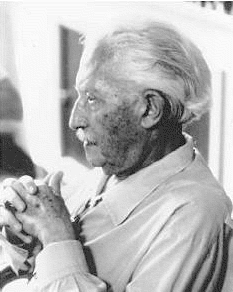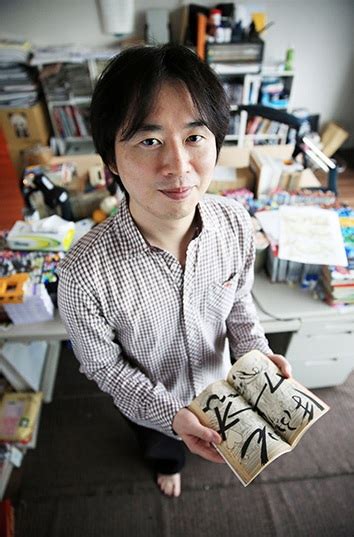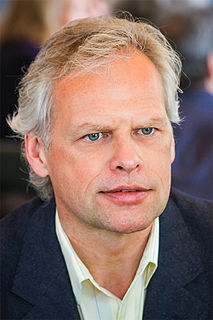A Quote by Erik Erikson
Children cannot be fooled by empty praise and condescending encouragement. They may have to accept artificial bolstering of their self-esteem in lieu of something better, but what I call their accruing ego identity gains real strength only from wholehearted and consistent recognition of real accomplishment, that is, achievement that has meaning in their culture.
Related Quotes
Young children are unlikely to have their self-esteem strengthened from excessive praise or flattery. On the contrary, it may raise some doubts in children; many children can see through flattery and may even dismiss an adult who heaps on praise as a poor source of support-one who is not very believable.
It is fine to imitate a being you respect, but you cannot become that very being. Imitation is something one does to grow and develop. It is not something you use to deceive yourself. You absorb in yourself the things you think have some kind of value, but even if you try to find the meaning about your true self you will not find anything. Because those who cannot accept their real self always fail.
If there is such a thing as saintly renunciation, it is renouncing small gains for better gains; not for no gains, but seeing with open eyes what is better and what is inferior. Even if the choice has to lie between two momentary gains, one of these would always be found to be more real and lasting; that is the one that should be followed for the time.
Then ego goes on growing, because the society needs you as an ego, not as a Self. The Self is irrelevant for the society; your periphery is meaningful. And there are many problems. The ego can be taught and the ego can be made docile and the ego can be forced to be obedient. The ego can be made to adjust, but not the Self. The Self cannot be taught, the Self cannot be forced. The Self is intrinsically rebellious, individual. It cannot be made a part of society.
It isn't possible to kill part of your “self” unless you kill yourself first. If you ruin your conscious personality, the so-called ego-personality, you deprive the self of its real goal, namely to become real itself. The goal of life is the realization of the self. If you kill yourself you abolish that will of the self to become real, but it may arrest your personal development inasmuch it is not explained. You ought to realise that suicide is murder, since after suicide there remains a corpse exactly as with any ordinary murder. Only it is yourself that has been killed.
There's a lot of talk these days about giving children self-esteem. It's not something you can give; it's something they have to build. Coach Graham worked in a no-coddling zone. Self-esteem? He knew there was really only one way to teach kids how to develop it: You give them something they can't do, they work hard until they find they can do it, and you just keep repeating the process.
It is madness. And if you don't know who you are, or if your real self has drifted away from you with the undertow, madness at least gives you an identity. It's the same with self-loathing. You're probably just normal and normal-looking but that's not a real identity, not the way ugliness is. Normality, just accepting that you're probably normal-looking, lacks the force field of self-disgust. If you don't know who you are, madness gives you something to believe in.





































